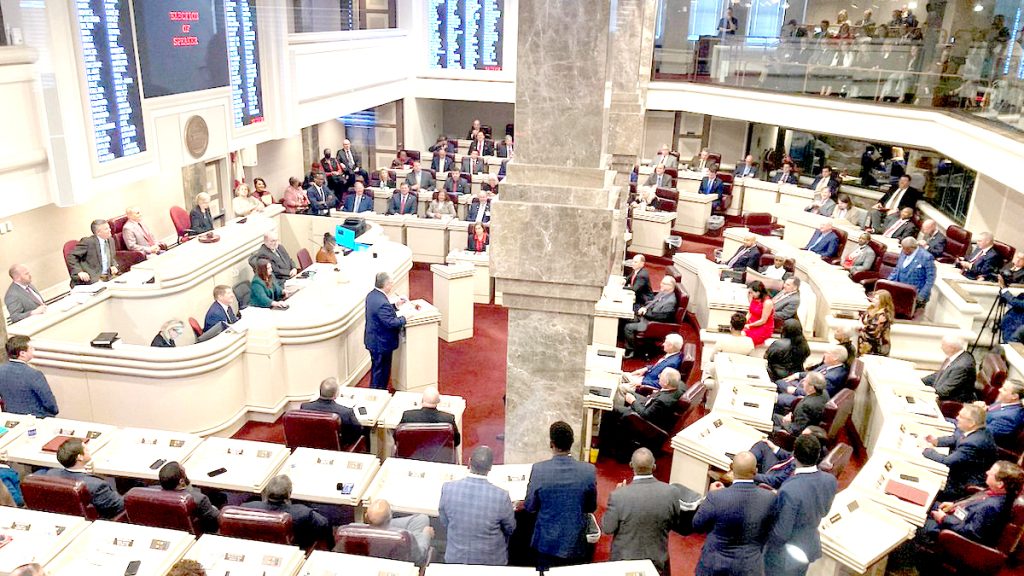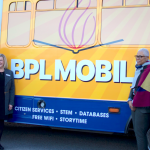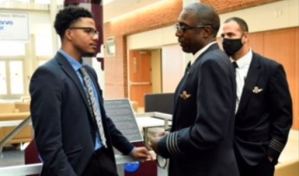SPEAKIN’ OUT NEWS
During the recent legislative session in Alabama, most priorities for Governor Kay Ivey and Republican legislative leaders were successfully addressed, with one major exception. A proposed constitutional amendment to allow voters to decide on authorizing a lottery, casinos, and statewide regulation of gambling narrowly failed by a single vote on April 30 and did not resurface.
Governor Ivey stated she has no intention of calling a special session to revisit the gambling proposal, deeming it a futile expenditure of time and resources following the lack of consensus during the regular session.
KEY LEGISLATIVE SUCCESSES
School Choice Plan
Governor Ivey’s top priority, the CHOOSE Act (HB129), spearheaded by Rep. Danny Garrett, was passed. This legislation introduces Education Savings Accounts (ESAs), offering parents up to $7,000 annually for private school tuition and other education-related expenses.
“While our state has a strong public education system, all Alabama families will soon have the right to choose their children’s schools,” Ivey stated upon the bill’s passage.
Despite strong Republican support, Democrats opposed the bill, arguing it diverts necessary funds from public schools and does not benefit families in rural areas with limited schooling options.
Bipartisan Workforce Initiatives
A notable bipartisan achievement was the “Working in Alabama” legislative package aimed at enhancing the state’s workforce participation. Supported by the Business Council of Alabama and Governor Ivey, this package includes several bills:
Childcare Tax Credits:
Providing tax incentives for employers investing in childcare and for private childcare centers, addressing the shortage of affordable quality childcare.
Alabama Workforce Housing Tax Credit: Encouraging the development of affordable housing for the workforce.
Alabama Department of Workforce: Renaming the Department of Labor to reflect its consolidated workforce development responsibilities.
Alabama Growth Alliance: Establishing a public corporation to maintain a long-term economic development strategy.
Alabama Workforce Pathways Act: Creating high school diplomas for students earning career and technical certifications to support their entry into the workforce.
CONTROVERSIAL MEASURES
Several Republican- backed bills passed despite Democratic opposition:
SB1 (Absentee Voting Restrictions): Introducing criminal penalties for assisting with absentee ballot applications to prevent ballot harvesting. Democrats criticized the bill for potentially hindering voter assistance efforts.
SB129 (DEI Program Ban): Banning diversity, equity, and inclusion pro- grams at state colleges and agencies, and prohibiting restroom use based on gender identity rather than birth sex.
NEW HEALTHCARE- FOCUSED HIGH SCHOOL A bipartisan effort led to the establishment of the Alabama School of Healthcare Sciences in Demopolis, expected to open in fall 2026. This residential high school will focus on STEMM education to prepare students, particularly from rural areas, for healthcare careers.
ADDITIONAL LEGISLATIVE OUTCOMES
Property Taxes (HB73):
Capping annual increases in assessed property values at 7%.
First-Grade Readiness (HB113): Requiring tests for students entering first grade without completing kindergarten.
Public Records Access (SB270): Mandating timely responses from government agencies to public records requests.
Seafood Labeling (HB66): Requiring disclosure of the origin of seafood sold in Alabama.
Union and Tax Incentives (SB231): Prohibiting tax incentives for companies recognizing unions without secret ballot elections.
Clergy and Minor Sexual Relations (HB125): Making it a felony for clergy to engage in sexual relations with minors under specific circumstances.
False Police Reports (HB82): Elevating the penalty for false reports alleging imminent danger to a felony.
Child Labor Penalties (SB119): Increasing penalties for child labor violations.
School Security (SB98): Establishing new school safety standards and funding for security improvements.
Presidential Candidate Certification (SB324): Adjusting deadlines for certifying presidential candidates due to the Democratic convention schedule.
Legal Protections for IVF (SB159): Providing legal immunity for IVF clinics following an Alabama Supreme Court ruling on the legal status of frozen embryos.
These legislative actions reflect a broad array of policy areas addressed during the session, from education and workforce development to public safety and healthcare.











